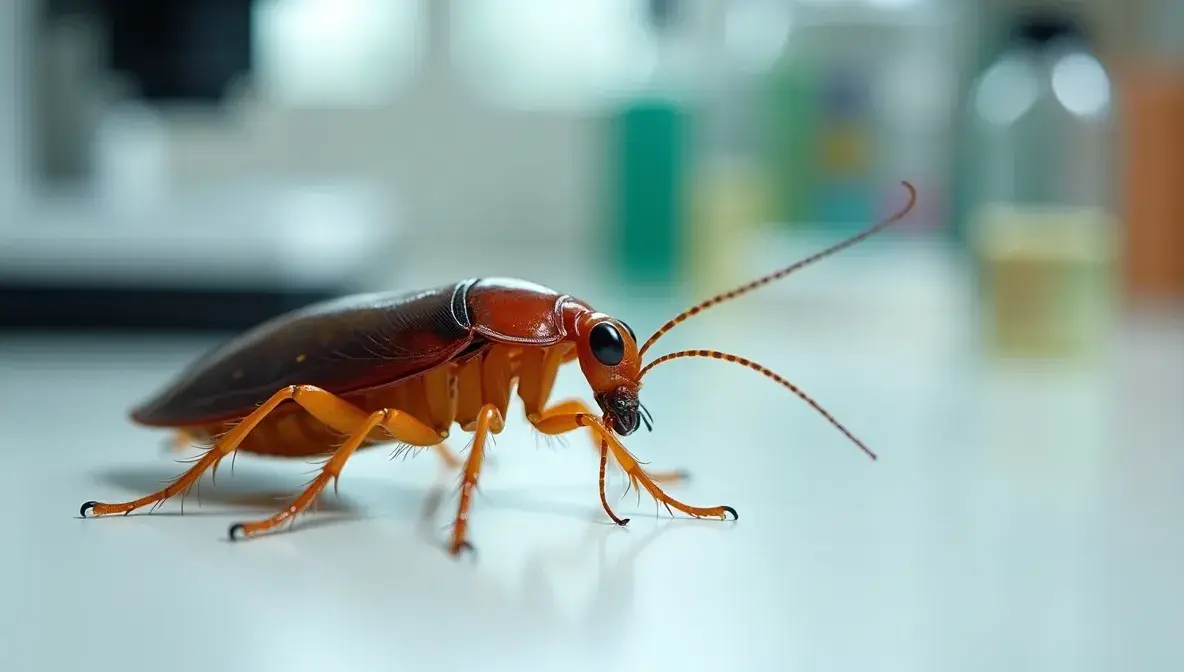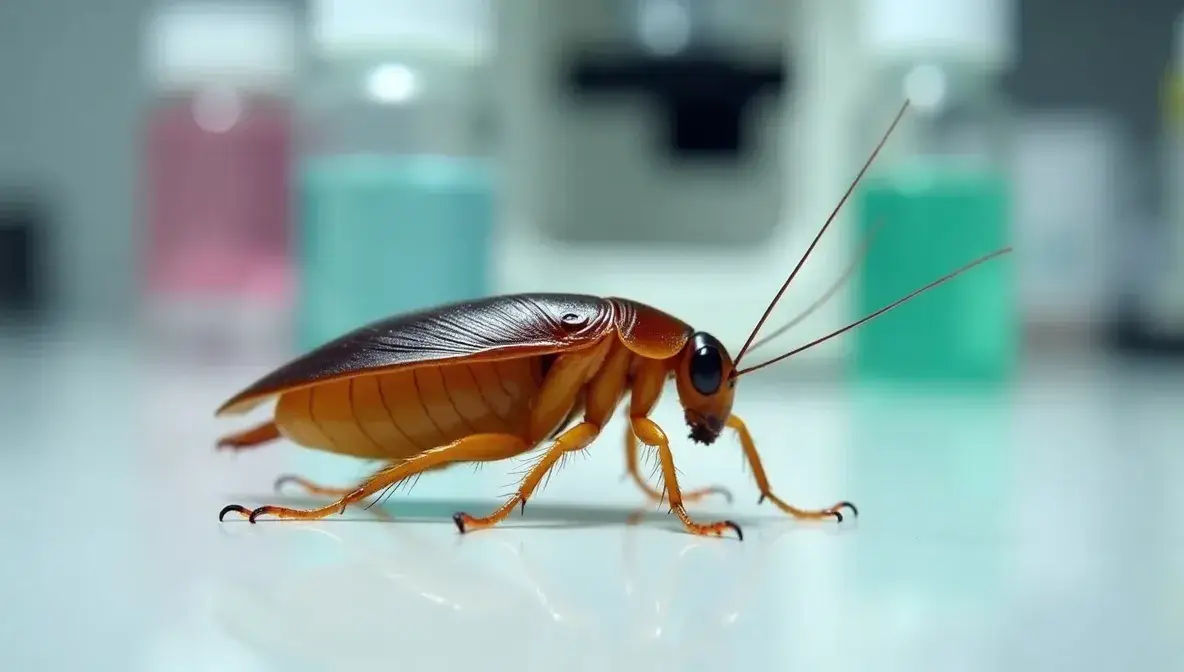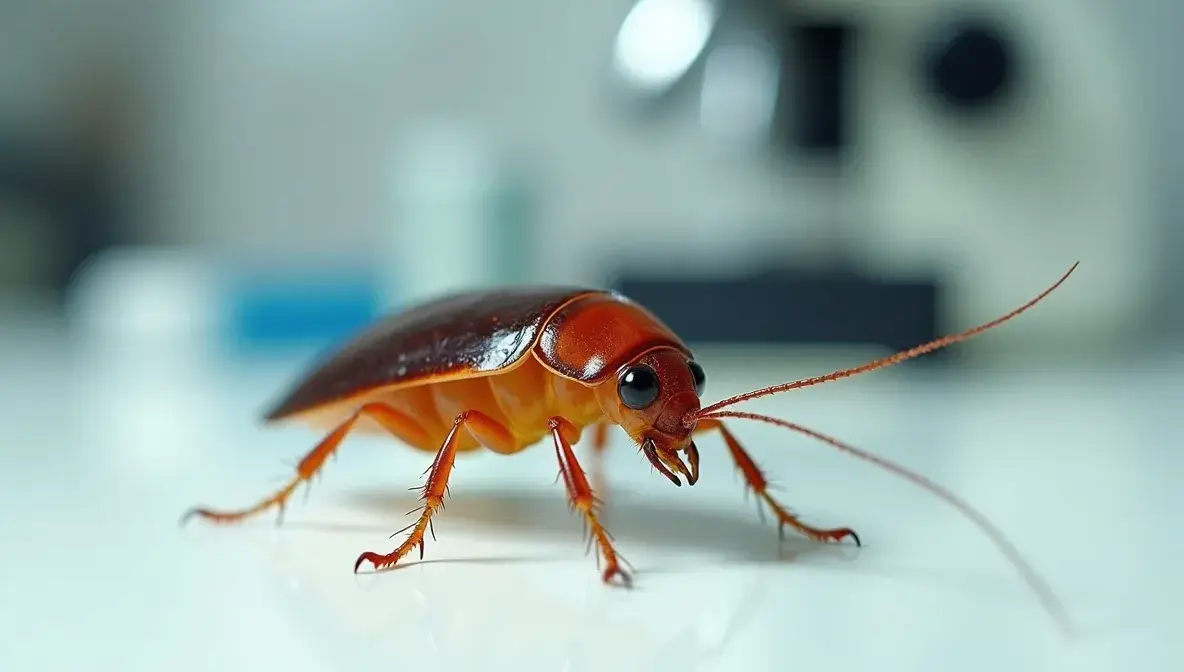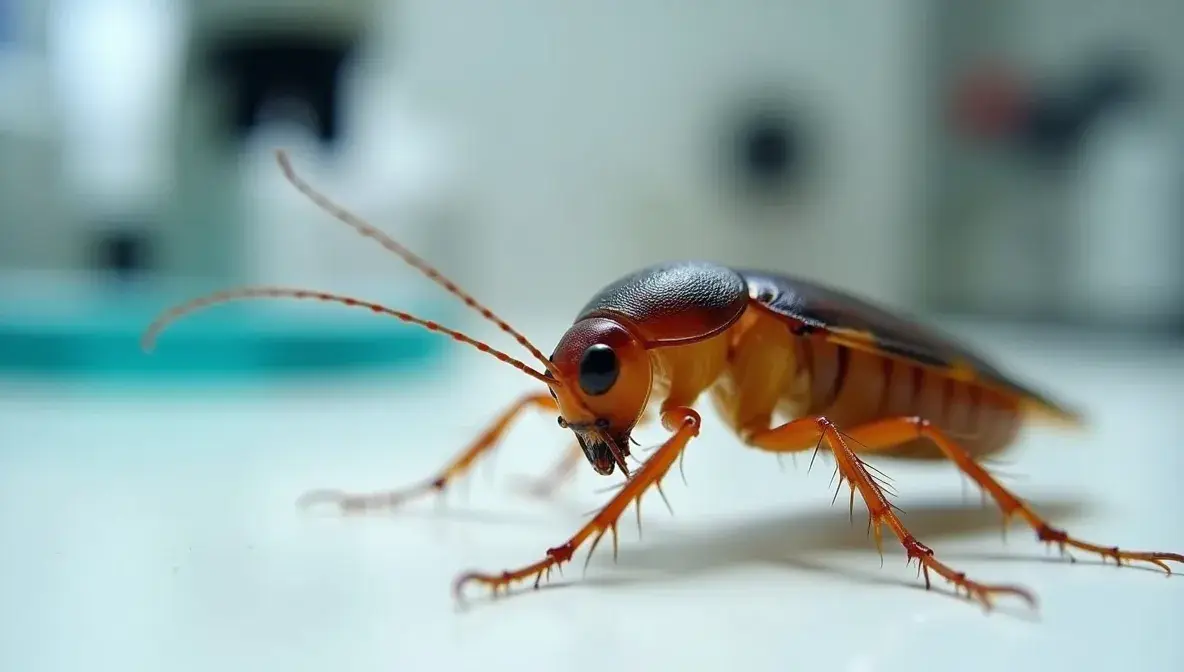Dubia roaches are among the most popular feeder insects for reptiles, but do Dubia roaches carry disease? This question is crucial for reptile owners who rely on these insects to provide a nutritious and safe food source for their beloved pets. Understanding the potential risks and benefits of Dubia roaches is essential, not only for the health of your reptile but also for your peace of mind as a pet owner. In this guide, we’ll dive deep into this topic, debunk common myths, and provide actionable tips to ensure your Dubia roaches and reptiles stay healthy.
Are Dubia Roaches Dangerous? Understanding the Basics

Dubia roaches (Blaptica dubia) are widely praised in the reptile community for their excellent nutritional value, ease of care, and low maintenance. These insects are known for being clean and odorless compared to other feeder insects, such as crickets. But the question remains: can they carry diseases that could harm your reptiles or you?
The short answer is yes, like any living organism, Dubia roaches can harbor harmful pathogens under certain conditions. However, this risk is minimal when they are properly cared for and sourced from reputable breeders. Let’s explore the factors that determine whether Dubia roaches present a health risk.
Factors That Impact Disease Risks in Dubia Roaches

Source of Dubia Roaches
Not all Dubia roaches are created equal. The risk of disease transmission depends heavily on where you purchase your roaches. Roaches sourced from clean, reputable breeders are far less likely to carry harmful bacteria, fungi, or parasites than those collected from wild populations or poorly maintained colonies.
Here’s why:
- Wild vs. Captive-Bred Roaches: Wild-caught roaches are exposed to environmental contaminants, pesticides, and diseases. Captive-bred Dubia roaches, on the other hand, are typically raised in controlled environments with high hygiene standards.
- Breeder Practices: Look for breeders who sanitize enclosures, provide high-quality food, and regularly clean their colonies to prevent the growth of harmful microbes.
Quick Tip: Always ask potential breeders about their care practices. A trustworthy breeder will be transparent about how they maintain their colonies.
Hygiene Practices in Your Roach Colony
Even if your Dubia roaches come from a clean source, poor hygiene in your own setup can significantly increase the risk of disease. Here are key hygiene practices to follow:
- Regular Cleaning: Remove leftover food and frass (roach droppings) from the enclosure at least once a week. A buildup of organic waste can create a breeding ground for mold, mites, and bacteria.
- Proper Ventilation: Ensure the enclosure is well-ventilated to prevent moisture buildup, which can lead to fungal growth.
- Temperature and Humidity Control: Keep the temperature between 85–95°F and humidity at 40–60%. High humidity levels can encourage the growth of harmful fungi like Aspergillus.
Did You Know? Overcrowded roach colonies are more prone to stress and disease outbreaks. Always provide enough space for your roaches to move around comfortably.
Potential Pathogens in Dubia Roaches
While Dubia roaches are generally low-risk, certain pathogens can be present if they are not cared for properly. Here are some common concerns:
- Bacteria: Salmonella and E. coli are often mentioned, but these bacteria are more commonly associated with reptiles than with Dubia roaches. Still, it’s important to handle roaches and reptiles with clean hands and avoid cross-contamination.
- Parasites: Dubia roaches can occasionally harbor parasites, though this is rare in captive-bred colonies. Parasites are more likely to affect wild-caught roaches or colonies maintained in poor conditions.
- Fungus and Mold: High humidity or neglected enclosures can lead to fungal growth, which may harm both the roaches and your reptiles.
How to Minimize Disease Risks in Dubia Roaches

If you’re concerned about whether Dubia roaches carry disease, the good news is that simple precautions can greatly reduce any risks. Follow these steps to keep your feeder insects safe and healthy:
Step 1: Source Dubia Roaches from Trusted Breeders
- Look for breeders with positive reviews and a reputation for cleanliness.
- Avoid purchasing roaches from pet stores where hygiene may be lacking.
2: Maintain a Clean Roach Enclosure
- Remove uneaten food daily and clean the enclosure weekly.
- Use a substrate-free setup to make cleaning easier and reduce the risk of microbial growth.
3: Feed Roaches a Healthy Diet
- Provide fresh fruits, vegetables, and high-quality roach chow.
- Avoid feeding spoiled or moldy food, which can introduce harmful bacteria to the colony.
4: Practice Good Hygiene When Handling Roaches
- Wash your hands before and after handling Dubia roaches or their enclosure.
- Use gloves if you’re concerned about direct contact with frass or roaches.
5: Quarantine New Roaches
- Keep new roaches in a separate enclosure for at least two weeks.
- Observe them for signs of illness, such as lethargy or abnormal behavior, before introducing them to your main colony.
Debunking Common Myths About Dubia Roaches and Disease
Myth 1: “Dubia Roaches Are Dirty Insects.”
Fact: Dubia roaches are among the cleanest feeder insects available. They don’t climb smooth surfaces, fly, or make noise, and they produce minimal odor compared to crickets.
Myth 2: “Roaches Spread Salmonella to Humans.”
Fact: While reptiles are known carriers of Salmonella, Dubia roaches are not common vectors. However, it’s still important to practice good hygiene when handling them.
Myth 3: “Dubia Roaches Need Substrate to Thrive.”
Fact: Substrate can make cleaning more difficult and increase the risk of mold or mite infestations. A substrate-free setup is perfectly fine for most Dubia roach colonies.
Why Dubia Roaches Are Still a Safe Choice for Reptile Owners
Despite the potential risks, Dubia roaches remain one of the safest and most nutritious feeder insects available. Their high protein content, low fat levels, and ease of care make them ideal for reptiles like bearded dragons, leopard geckos, and chameleons.
By sourcing your roaches from reputable breeders and maintaining a clean, well-ventilated enclosure, you can virtually eliminate the risk of disease. Plus, with proper handling and hygiene practices, you can ensure the safety of both your reptiles and yourself.
Conclusion
So, do Dubia roaches carry disease? While there is a minimal risk, the vast majority of issues can be avoided with proper care and hygiene. By sourcing roaches from reputable breeders, maintaining a clean enclosure, and practicing good handling habits, you can confidently use Dubia roaches as a feeder insect for your reptiles.
Are you ready to take the next step in caring for your reptiles? Check out our other post at Drguidez for more expert advice and guides on Dubia roaches, or share your experiences in the comments below. Let’s keep the conversation going

Mark Manson is an expert blogger specializing in Dubia Roaches. He shares practical care tips, breeding insights, and feeding advice to help enthusiasts and reptile owners thrive.

